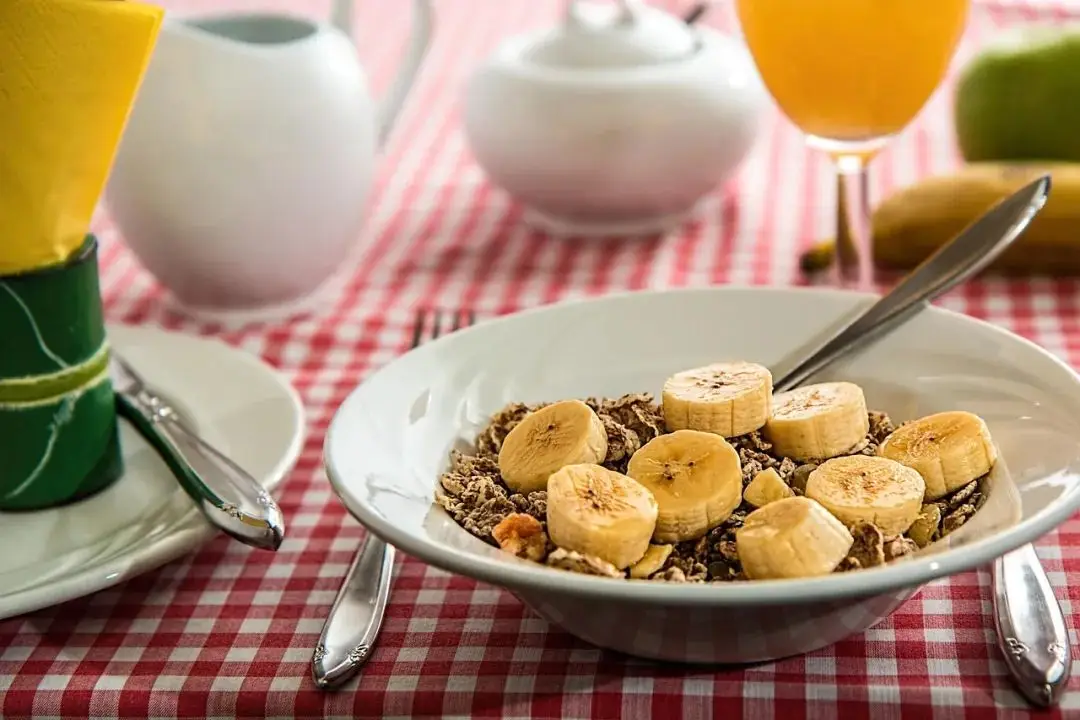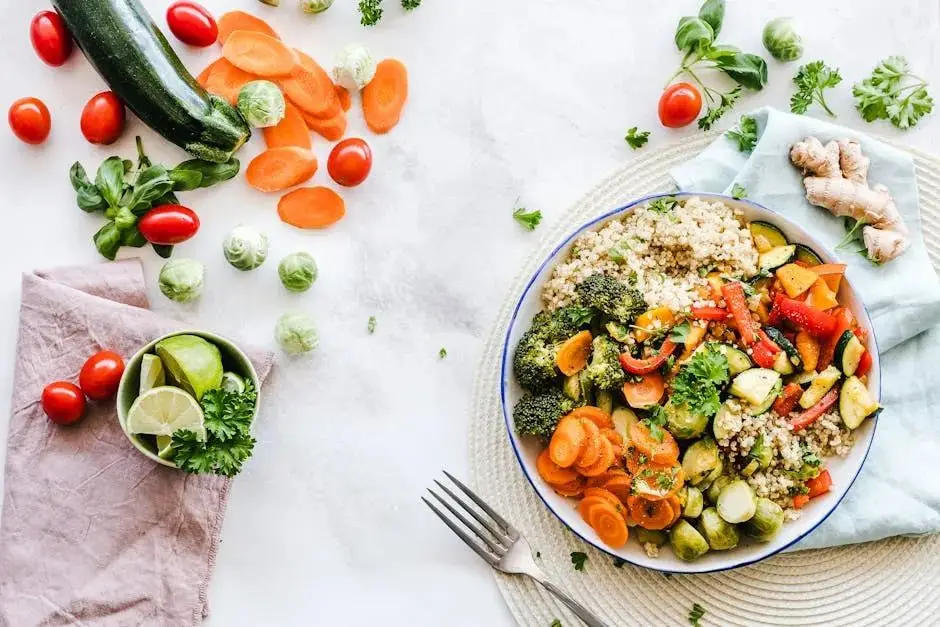Hand tremors, stiffness, slow swallowing...
Parkinson's patients' digestive systems are often "quietly attacked":
- 30% of patients have delayed gastric emptying (feeling full after eating a little),
- 50% have constipation problems, and what's more difficult is that improper diet may directly affect the efficacy of drugs.
"Eating small meals frequently" is regarded as a "universal solution" by many patients, but blindly separate meals may be counterproductive.

01. Why do Parkinson's patients need to "redefine separate meals"?
Deciphering two major cognitive misunderstandings
◆ Misunderstanding 1: "Eating small meals frequently means randomly dividing them into 5-6 meals, and eating very little at each meal"
- Wrong logic: Ignoring the "time game" between drugs and diet. Core Parkinson's drugs (such as levodopa) will be "intercepted" by proteins in food - the absorption rate of drugs may drop by 60% within 1 hour after a meal, resulting in delayed or weakened drug efficacy.
- Scientific truth: Dividing meals must strictly follow the "drug priority principle" and "precisely control protein" 1 hour before and after taking the medicine, rather than simply reducing the amount of food per meal.
◆ Myth 2: "Eating more meals can relieve constipation, so the more meals the better"
- Wrong logic: Ignoring the nature of gastrointestinal motility decline. The degeneration of intestinal neurons in Parkinson's patients leads to slower peristalsis, and blindly increasing the number of meals may increase the burden of gastric emptying (especially adding meals after dinner can easily cause reflux).
- Scientific truth: The focus of dividing meals is on "optimizing the interval between meals" and "adjusting the proportion of nutrients", rather than simply increasing the number of times.

02. Dietary template: "drug-friendly" combination from breakfast to dinner
◆ Breakfast (1 hour before taking medicine): "Fast-absorbing carbohydrate combination"
- Yam and millet paste (100g yam + 50g millet, blended into paste in a blender, low glycemic index but fast absorption)
- 1 boiled egg (egg white for lunch, only yolk for breakfast - reduce breakfast protein intake) Effect: quickly provide energy to start the day, and does not affect subsequent medication.
◆ Morning snack (2 hours after taking the medicine): "Gut-friendly" snacks
- Steamed pumpkin 150g (containing soluble fiber to promote intestinal peristalsis)
- Sugar-free almond milk 100ml (mild plant protein to avoid animal protein interfering with drug efficacy)
◆ Lunch (protein prime time): "High-quality protein + low-fiber vegetables"
- Staple food: soft rice 100g (avoid coarse grains such as brown rice to reduce gastrointestinal burden)
- Protein: steamed sea bass 150g (Omega-3 is anti-inflammatory, and fish protein is easier to absorb than red meat)
- Vegetables: Stir-fried winter melon with loofah (soft and tender vegetables, fiber content <1.5g/100g, protect fragile gastrointestinal mucosa)
◆ Afternoon snack (control sugar and prevent hand tremors): "Slow release energy pack"
- Boiled Cicer arietinum L. 50g (low GI carbon water, stabilize blood sugar to prevent afternoon tremors from worsening)
- Kiwi 1 (containing vitamin C Promote dopamine synthesis, and the flesh is soft and easy to swallow)
◆ Dinner (gastrointestinal relief period): "Low-irritation soft meal"
- Staple food: 150g mashed potatoes (fine and particle-free, easier to empty the stomach than rice)
- Protein: 1 steamed egg (tender egg custard does not need to be chewed too much, reducing the burden on the jaw muscles)
- Vegetables: carrot puree (steamed and mashed with a spoon, β-carotene antioxidant protects nerves)

Parkinson's patients' meal sharing is essentially a "time management of food and medicine": "clearing protein obstacles" during the critical period of medication, "providing gentle nourishment" during the gastrointestinal trough period, and "adjusting food form" when swallowing is difficult.
Remember the core: Meal sharing is not a simple increase in the number of meals, but a scientific plan based on the combination of drug metabolism, gastrointestinal motility characteristics, and nutritional needs.

%20--%3e%3c!DOCTYPE%20svg%20PUBLIC%20'-//W3C//DTD%20SVG%201.1//EN'%20'http://www.w3.org/Graphics/SVG/1.1/DTD/svg11.dtd'%3e%3csvg%20version='1.1'%20id='图层_1'%20xmlns='http://www.w3.org/2000/svg'%20xmlns:xlink='http://www.w3.org/1999/xlink'%20x='0px'%20y='0px'%20width='256px'%20height='256px'%20viewBox='0%200%20256%20256'%20enable-background='new%200%200%20256%20256'%20xml:space='preserve'%3e%3cpath%20fill='%23FFFFFF'%20d='M194.597,24.009h35.292l-77.094,88.082l90.697,119.881h-71.021l-55.607-72.668L53.229,232.01H17.92%20l82.469-94.227L13.349,24.009h72.813l50.286,66.45l58.148-66.469V24.009z%20M182.217,210.889h19.566L75.538,44.014H54.583%20L182.217,210.889z'/%3e%3c/svg%3e)